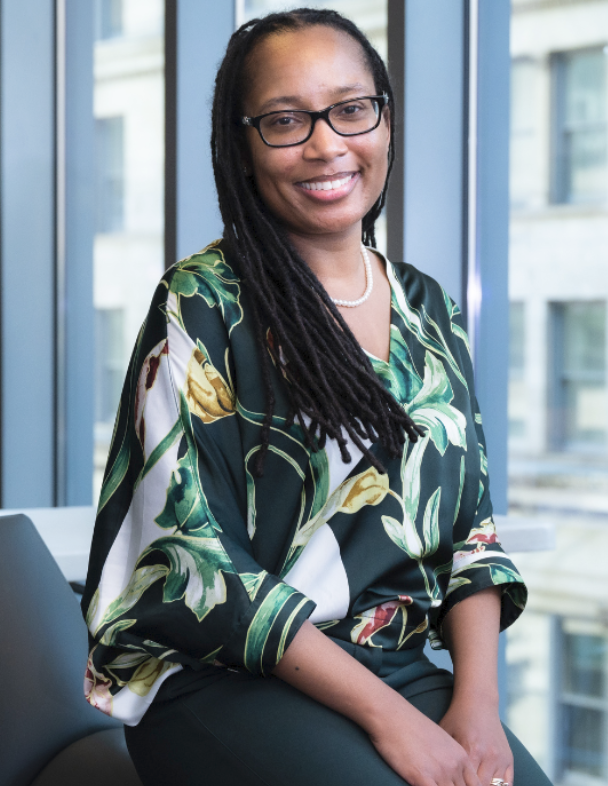


Artificial intelligence (AI) is transforming various sectors, yet it currently lacks gender equity within its development teams. The absence of women's representation leads to biased AI systems that may not accurately reflect or serve diverse populations. As a result, more women in leadership roles and technical positions related to AI are needed. Here are the three women profiled in the World Economics Forum's article, working in public policy at the OECD, education at Spelman College, and investment equity at UNICEF.
Karine heads the OECD’s AI Unit and emphasizes incorporating more women's voices into public policy discussions surrounding technology. She advocates for policies aligned with principles promoting fairness and inclusivity in technological advancements.
A professor at Spelman College and co-founder of DataedX Group, Dr. Marshall focuses on enhancing literacy around equitable data practices among technologists while addressing systemic inequities faced by women—particularly Black women—in STEM fields through mentoring initiatives to encourage future generations' involvement.
Leading UNICEF's Ventures team, Grote champions innovative financing solutions intended for projects led by females as part of her commitment towards achieving equal investment opportunities across genders within digital platforms such as Oky—the mobile app developed collaboratively with girls focusing on menstruation education that effectively addresses specific needs overlooked historically since traditional developers rarely include them based solely upon personal experiences when building applications catering toward this demographic group.